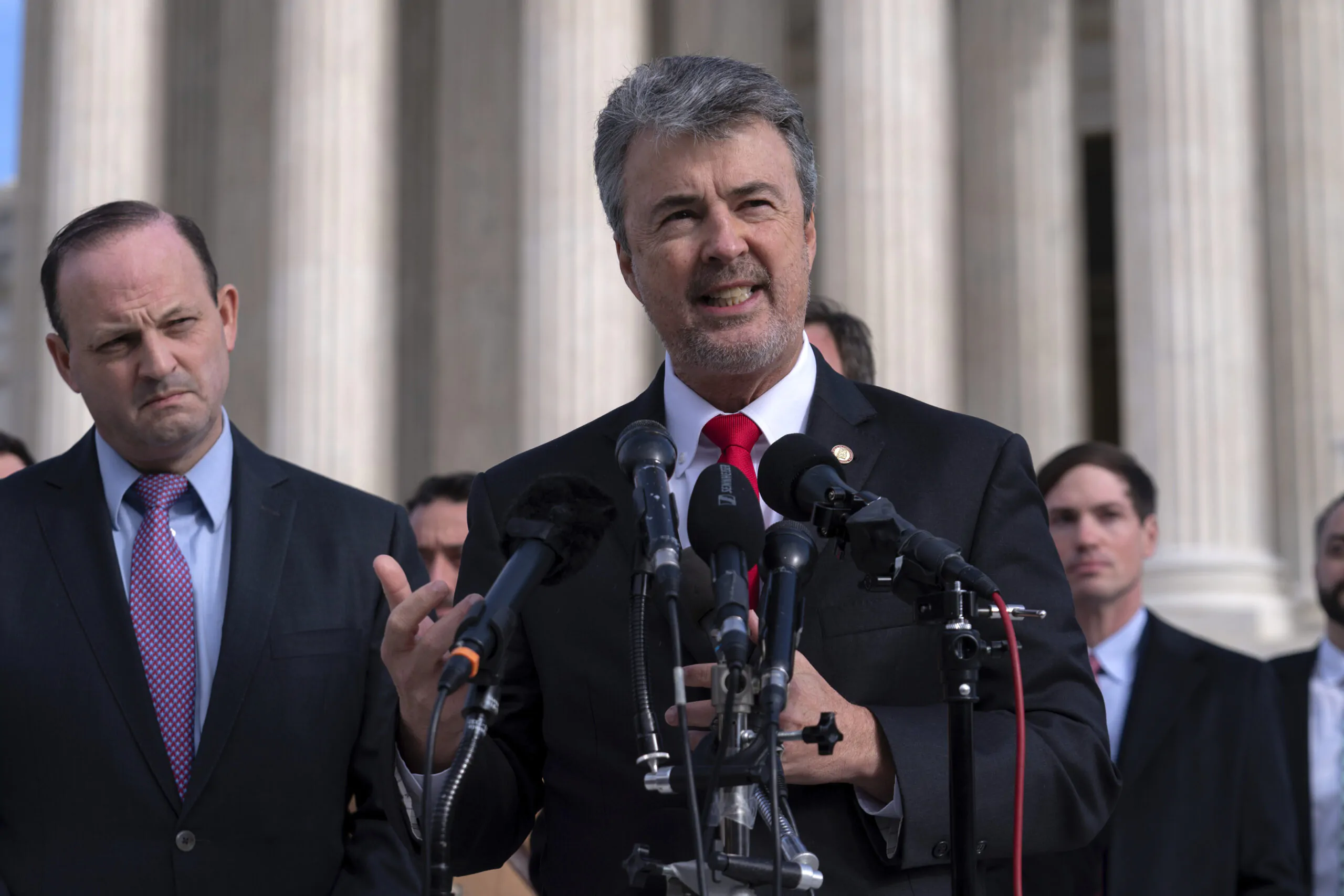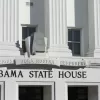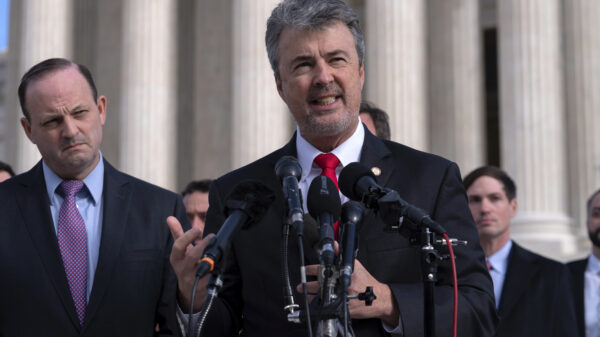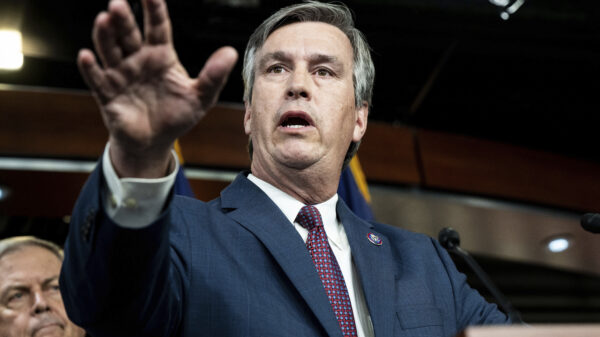Alabama Attorney General Steve Marshall has joined a multi-state push for the U.S. Supreme Court to review a case examining whether school districts must notify parents regarding changes in their student’s gender identity.
The amicus brief, signed by attorneys general from 21 states and one U.S. territory, asks the Supreme Court to review the case Foote v. Ludlow School Committee.
Parents, Stephen Foote and Marissa Silvestri, allege in the case that faculty from Ludlow Public Schools violated their parental rights through a school district policy against notifying parents when a child asks to be referred to by a different name or set of gender pronouns in school, without first obtaining the student’s consent.
Foote and Silvestri are parents of two students who attended Baird Middle School in Ludlow. During the 2020-21 school year, one child, then 11 years old, self-identified as gender queer and asked to be identified by a different name and preferred pronouns at school, while their other child, who was 12 at the time, also began using a preferred name and pronouns.
The parents argued the school district aided in the “social transitioning” of their children without parental notification, which they claimed undermined their parental right to direct the upbringing of their children.
The letter asked the Supreme Court to overturn a February ruling from the First Circuit Court of Appeals, which found that the policy does not violate parents’ constitutional rights, upholding a prior district court decision from 2023.
Judges wrote in the February ruling that the parents failed to make their case that the school district violated their right to direct medical treatment for their child, writing, “the allegations here do not involve clinical conduct at all.”
They also argued that U.S. Supreme Court parental rights cases “have never described an asserted right by reference to the specific conduct at issue.”
Marshall’s office argued in a Tuesday press release that the policy “strips parents of their longstanding and fundamental right to direct the care and upbringing of their children.”
Marshall, who has been a vocal opponent of gender-affirming care for minors as well as the use of federal funding to conduct gender-affirming care, urged the Supreme Court to reverse the First Circuit Court’s ruling.
“Parents do not surrender their constitutional rights when they send their children to public school. Nor should government bureaucrats be allowed to hide life-altering decisions from mothers and fathers,” Marshall said.
“The Supreme Court must make clear for once and for all that parents—not schools with woke ideological agendas—have the ultimate authority over their children,” the attorney general continued.
The brief argues that the First Circuit Court “misconceived” legal precedent regarding the relationship between parents, children and schools, citing Supreme Court cases, Smith v. Organization of Foster Families for Equality and Reform and Raskin v. Dallas Independent School District.
“Ludlow’s actions should trigger alarm bells. These secret acts, which contravened the parents’ express instructions, violated the constitutionally sacrosanct parent-child relationship,” the letter to the court reads. “But rather than answering the alarm, the First Circuit greenlit further public intrusions into that relationship, empowering schools to seize control.”
“Our Anglo-American legal tradition has always understood this pre-political parental authority as flowing from the natural order of things—especially the inherent vulnerabilities of children,” the brief continues.
A separate request for the Supreme Court to take up the case was filed in July by representatives from the parental rights group, the Child and Parental Rights Campaign and conservative Christian advocacy group, the Alliance Defending Freedom.
The First Circuit Court’s decision, meanwhile, has drawn support from LGBTQ+ advocacy groups such as GLGBTQ Legal Advocates and Defenders Law.
GLAD Law celebrated the February decision and previously sent a friend of the court brief to the First Circuit Court alongside the Massachusetts Association of School Superintendents in favor of the Ludlow Public School’s policy.
“To be sure, parents have rights to be involved in their children’s educations. Schools also have to respect nondiscrimination laws and students’ privacy and confidentiality rights,” MASS general counsel Mike Long wrote in the brief.
“The case involves actions taken by teachers and staff to support the well-being of two students, including using the students’ requested names and pronouns and waiting to discuss their gender expression at school with parents until the students themselves were ready to do so,” GLAD Law argued. “By affirming and supporting students in this way, the school was meeting its obligation to provide a safe and equal educational environment for all students. Years of research show that LGBTQ+-supportive school policies create better outcomes for all students.”
Alongside Marshall, the brief led by Montana Attorney General Austin Knudsen was also signed by attorneys general from Virginia, Florida, Alaska, Georgia, Idaho, Indiana, Iowa, Kansas, Kentucky, Louisiana, Mississippi, Missouri, Nebraska, North Dakota, Oklahoma, South Carolina, South Dakota, Utah, Virginia and Guam.
While the Supreme Court upheld the legality of laws restricting gender-affirming care for minors earlier in the year with its ruling in U.S. v. Skrmetti, the court in recent years has declined to hear multiple other cases concerning schools’ policies regarding transgender students.
This includes the court declining to hear a case in 2024 that challenged a Wisconsin school district policy to provide administrative guidance for gender identity support plans for students.
The court has also refused several cases involving transgender students’ ability to access bathrooms that align with their gender identity.
















































